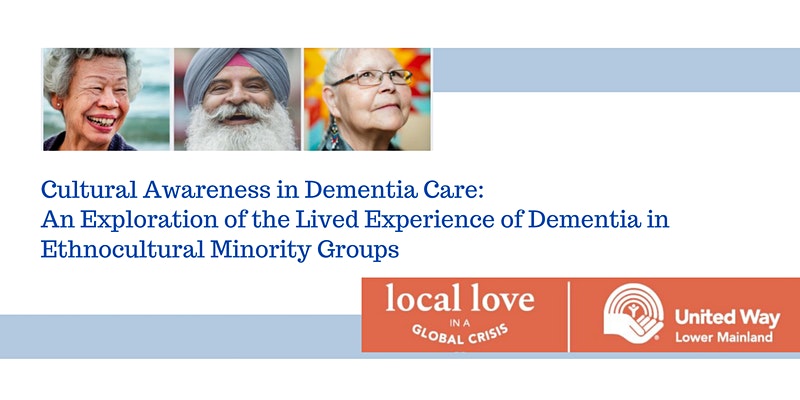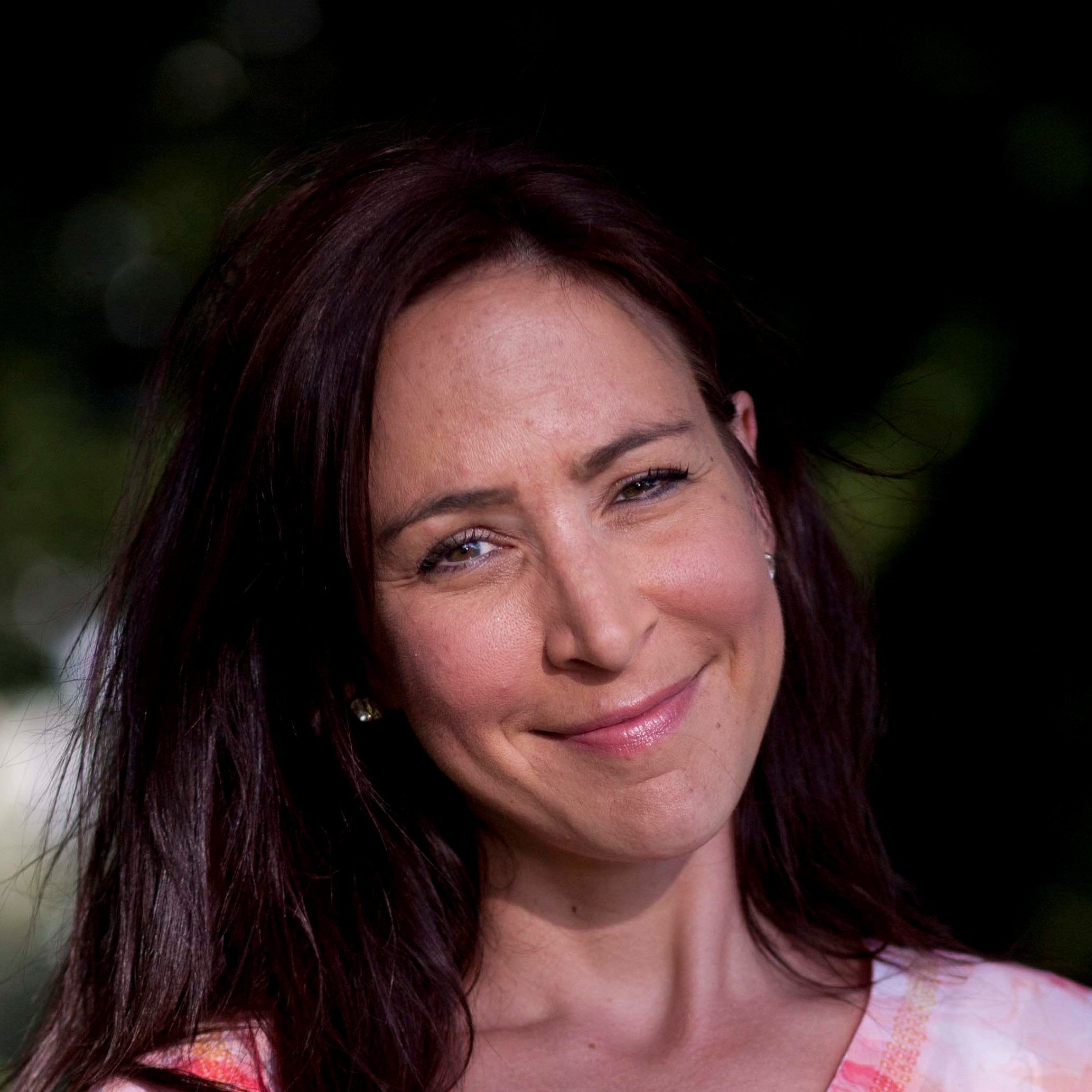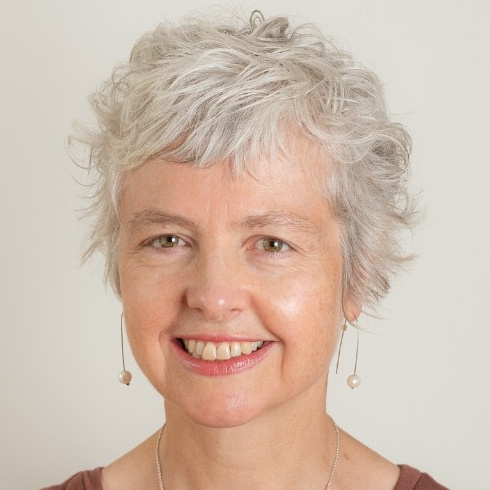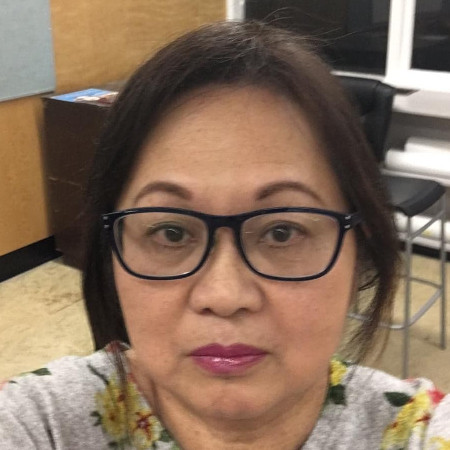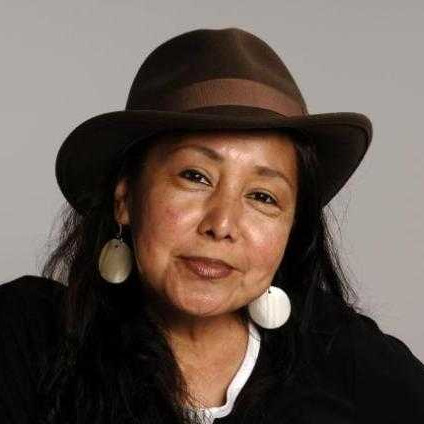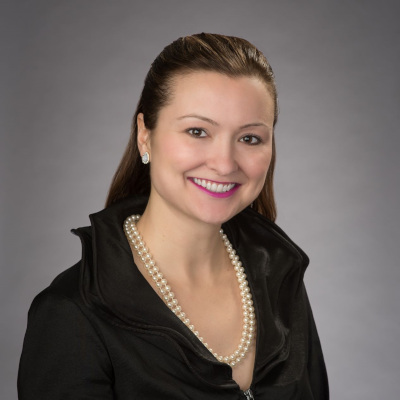In 2016, there were an estimated 564,000 Canadians living with dementia, and it is anticipated that this number will nearly double by the year 2030 (Alzheimer Society of Canada, 2016). Furthermore, it has been estimated that 62% - 87% of residents in Canadian care homes have dementia or some form of cognitive impairment (Brazil et al., 2004; Sims-Gould et al., 2010; Waskiewich, Funk, & Stajduhar, 2012).
Loneliness in persons living with dementia is a chronic and systemic issue in British Columbia and beyond. Much of the education and training provided to healthcare practitioners around dementia remains very Eurocentric.
I applied to the United Way Lower Mainland for a “Local Love” grant with the hopes of organizing a webinar that would draw attention to different ways that dementia may be experienced, lived, and understood in some of BC’s visible ethnocultural minority groups. The purpose is not to generalize based on culture and ethnicity nor to segregate individuals in any way. This webinar is meant to increase our awareness about the need to personalize dementia care—both for the person living with dementia and their family/carers/caregivers.
Those who know me well know that I am a proponent of Person-centred care (Kitwood, 1997). Person-centred care encourages us to remember that a person living with dementia is “a person in the fullest sense: he or she is still an agent, one who can make things happen in the world, a sentient, a relational and historical being” (Kitwood, 1997). I am also a fan of the theory of intersectionality which suggests that “people’s lives are multi-dimensional and complex” and that “lived experiences are shaped by different factors and social dynamics operating together” (Hankivsky, 2014, p. 3).
Four incredible panelists will come together on December 15th, 2020 to share their lived experiences, research findings, methods, and personal stories with you.
In the context of the current pandemic, we have seen that our elders have been disproportionately affected by COVID-19—particularly those in long-term care. Incredible efforts are being made by our communities to protect our most vulnerable from the virus. But, we cannot forget that dementia is not on lock-down. Thousands of Canadians are living with the realities of dementia every day. Now is the time to engage in conversations (and webinars for that matter) that have the potential to improve our understandings, not only of dementia, but of the individuals whose lives have been impacted by it.
I am thrilled to have received a "Local Love" grant from the United Way Lower Mainland to host this webinar.
Thank you,
Marissa Stalman, BSN
Master’s student, Simon Fraser University, Department of Gerontology
Please email any questions or feedback to: [email protected]

